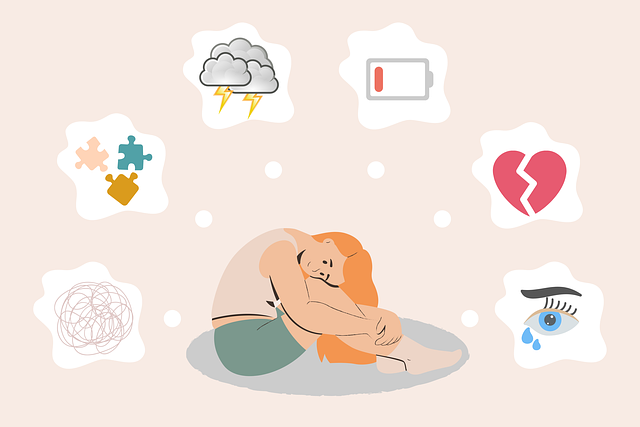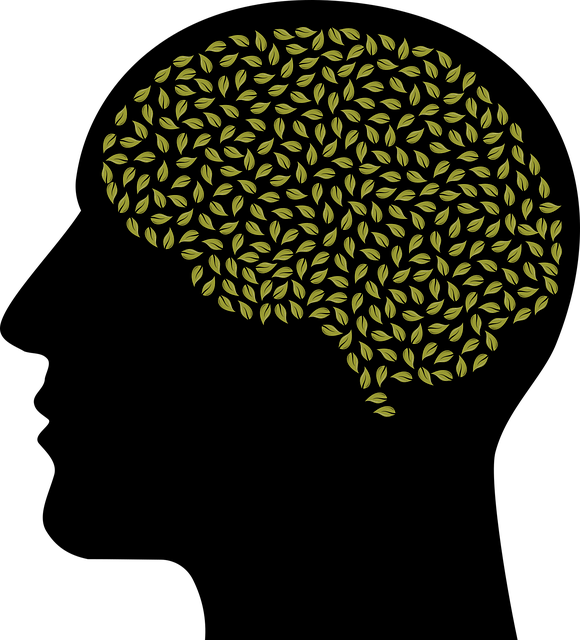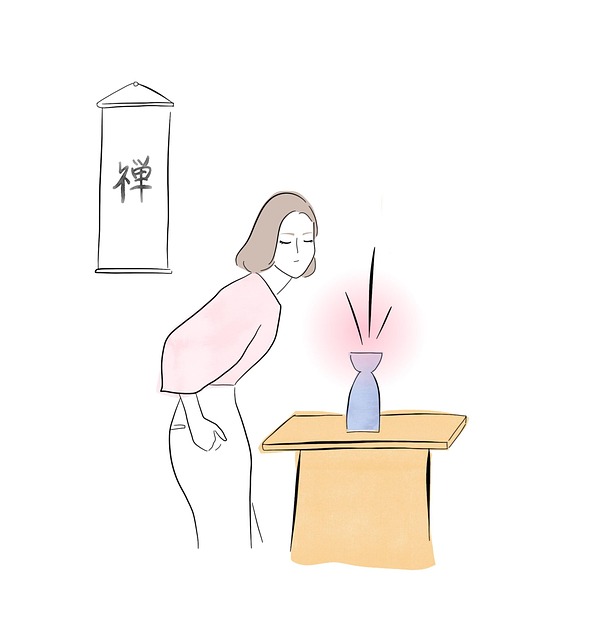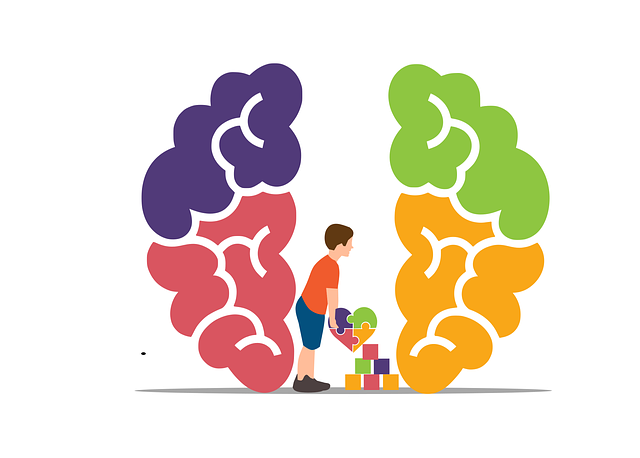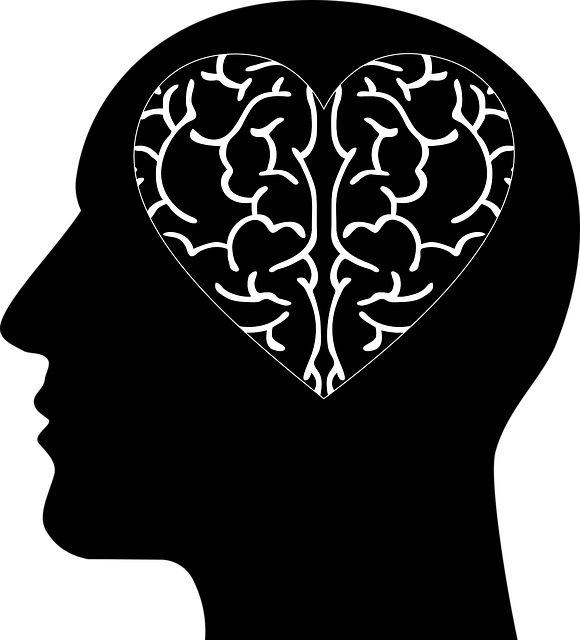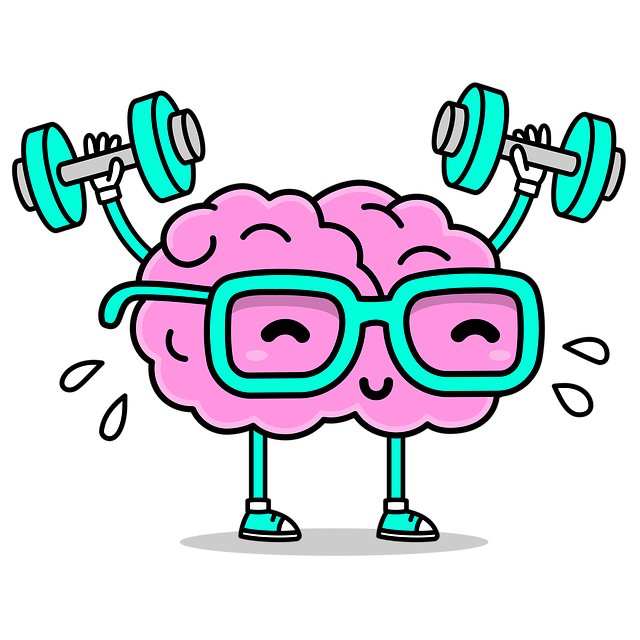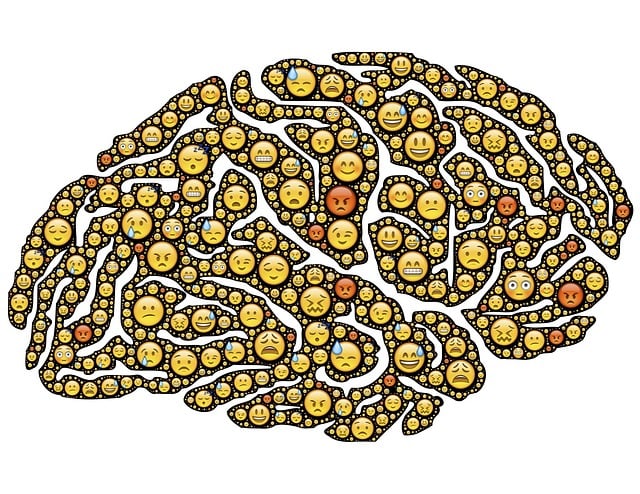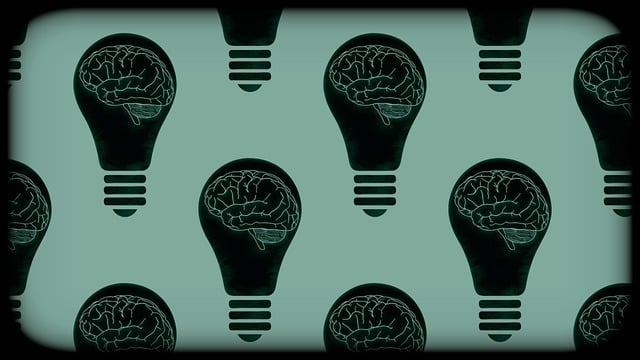Mental wellness journaling, particularly with Golden Chronic Illness Therapy (GCIT), is a powerful self-care tool for managing chronic illnesses and mental health challenges. By combining self-reflection, mindfulness meditation, and structured prompts, GCIT helps individuals process emotions, track progress, and build resilience. Dedicating daily time to document thoughts, achievements, and challenges fosters self-awareness, reduces stigma, and promotes emotional healing, ultimately enhancing overall mental wellness.
Mental wellness journaling is a powerful tool for self-discovery and healing. In this guide, we explore how this practice can significantly enhance mental health, especially through the lens of Golden Chronic Illness Therapy (GCIT). Discover the benefits of structured journaling routines and learn effective techniques to unlock your emotions, track progress, and cultivate resilience. From understanding your thoughts to implementing positive changes, these practices will empower you on your journey towards improved mental wellness.
- Understanding Mental Wellness Journaling: Unlocking Self-Reflection
- The Role of Golden Chronic Illness Therapy in Enhancing Journaling
- Creating a Structured Journaling Routine for Consistent Progress
- Techniques and Prompts to Supercharge Your Journaling Practice
Understanding Mental Wellness Journaling: Unlocking Self-Reflection

Mental Wellness Journaling is a powerful tool for self-reflection and personal growth, offering individuals a safe space to explore their thoughts and emotions. By jotting down daily experiences, feelings, and insights, one can unlock a deeper understanding of themselves and their mental state. This practice is particularly beneficial for those navigating chronic illnesses or managing mental health challenges, as it provides an outlet for processing complex emotions and fostering resilience.
Through regular journaling, individuals can identify patterns in their thinking and behavior, track progress over time, and develop effective communication strategies. It encourages self-awareness, helping to dispel the mental illness stigma by normalizing emotional experiences. By documenting personal achievements, challenges, and coping mechanisms, one can build a sense of agency and resilience, ultimately enhancing overall mental wellness.
The Role of Golden Chronic Illness Therapy in Enhancing Journaling

Golden Chronic Illness Therapy (GCIT) offers a unique and powerful approach to enhance the benefits of journaling for mental wellness. This therapy recognizes the profound impact that chronic illness can have on an individual’s mental health, and it utilizes specific techniques to help individuals navigate these challenges through self-reflection and expression. By combining GCIT with journaling, individuals can unlock a transformative process.
Journaling becomes more than just recording thoughts; it becomes a tool for cultivating self-awareness, particularly in managing stress. The Mind Over Matter Principles encouraged by this therapy guide users to explore their emotions, thoughts, and experiences, fostering mindfulness. This practice is further enriched by incorporating Mindfulness Meditation techniques, allowing individuals to stay present with their feelings and gain clarity. Through GCIT’s structured approach, journaling becomes a strategic method for self-care, enabling better stress management and overall mental wellness.
Creating a Structured Journaling Routine for Consistent Progress

Establishing a structured journaling routine is a powerful tool for consistent mental wellness progress, especially when navigating chronic illnesses or challenging life circumstances. Dedicate a specific time each day to journal, creating a sacred space where your thoughts and emotions can flow freely. Consistency is key; whether it’s first thing in the morning or before bed, choosing a regular time ensures this practice becomes an integral part of your daily routine.
This structured approach allows for the tracking of emotional patterns and triggers, enabling you to identify what brings you peace and what might warrant further exploration. By jotting down thoughts and feelings, you engage in active self-reflection, fostering better understanding and acknowledging your emotional landscape. This process can enhance resilience building and emotional healing processes, offering a safe space to express yourself without judgment.
Techniques and Prompts to Supercharge Your Journaling Practice

Unleash the power of self-reflection with mental wellness journaling—a practice that combines therapeutic techniques and thoughtful prompts to supercharge your emotional well-being, especially when navigating chronic illness or mental health challenges. Incorporate Golden Chronic Illness Therapy into your journaling routine for a transformative experience.
Start by setting aside dedicated time each day for journaling. Consider using prompts like “Describe a moment of resilience today” or “What one thing am I grateful for?” to spark introspection. Reflect on your emotions, thoughts, and physical sensations—all valuable insights into your mental wellness landscape. For instance, if you’re dealing with a chronic condition, journal about how it’s affecting your daily life, coping mechanisms, and any shifts in your mood or energy levels. Engaging in this practice can help break down barriers, reduce the stigma associated with mental illness (Mental Illness Stigma Reduction Efforts), and foster self-compassion. Additionally, exploring these prompts regularly may aid in identifying patterns, triggers, and effective strategies for stress management (Stress Management Workshops Organization).
Mental wellness journaling is a powerful tool for self-discovery and healing, especially when combined with evidence-based practices like Golden Chronic Illness Therapy. By integrating structured routines and creative techniques, individuals can unlock deeper insights into their thoughts and emotions, fostering resilience and improved mental wellness. Through consistent reflection and exploration, one can navigate life’s challenges more effectively, ultimately enhancing overall well-being.
